~ Foreword ~
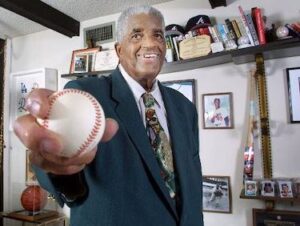
Joe Black – when I knew him. ~ J.B.
I hadn’t seen Joe for about two and a half months and wondered why. Now I know the answer as to why.
I acquired my private mail box on Shea Boulevard in 1996 and while most of the folks remained private for one reason or another, I was soon introduced to Joe Black – for the second time in my life.
The first was in 1955, when I was seven years old and was just learning about the national pastime. I spent summers in Eagle, Wisconsin – I was a Milwaukee Braves fan – County Stadium was my ‘home away from home’. Joe Black left the Brooklyn Dodgers that year and signed on with the Cincinnati Red Legs – and brought with him quite a legacy – the first black pitcher to bring his team a pennant. Joe spent the rest of his life bringing the winning pennant home to whatever endeavor he tackled.
I never broke bread with the man – but we broke the silence of two people with little in common – and I never asked him for his autograph. May you rest in peace sweet man.
Without Apology I am,

‘Ambassador for the Game and Life’
Legendary Brooklyn Dodgers pitcher Joe Black died of prostate cancer Friday morning at the age of 78, passing away at an aftercare facility in Scottsdale.
“At moments like this, when we’re worrying about other things within the game, it really doesn’t mean too much,” Commissioner Bud Selig said. “I’ve known Joe Black a long time. He loved the game and was so willing to always be helpful. He was one of those rare individuals who was willing to give of himself unconditionally. You just don’t find people like that, especially in professional sports.” Continue reading →
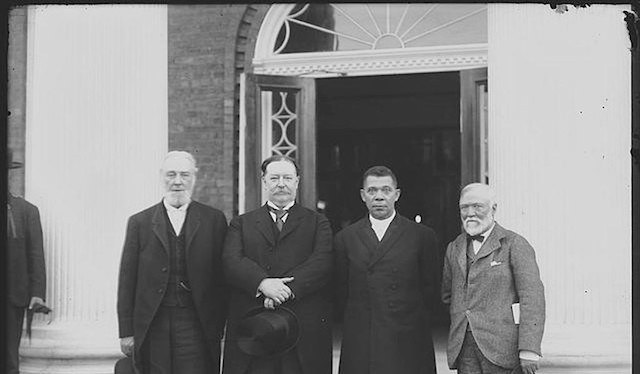

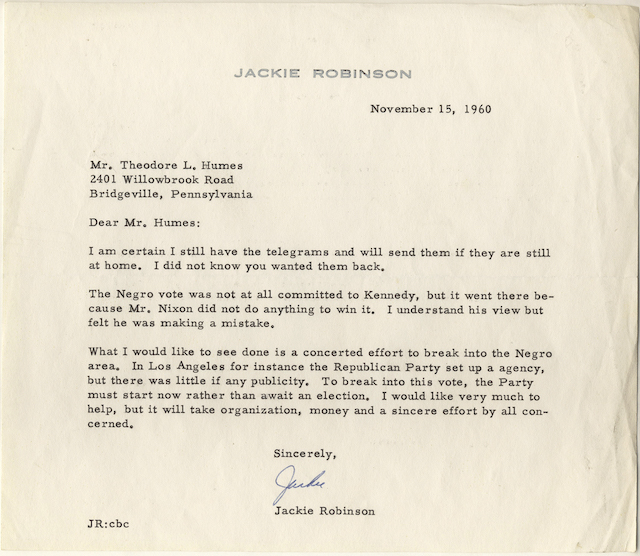
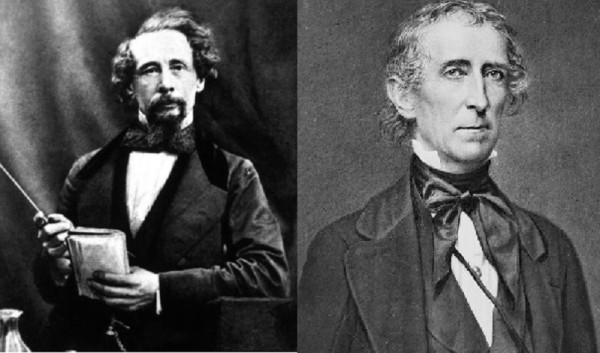
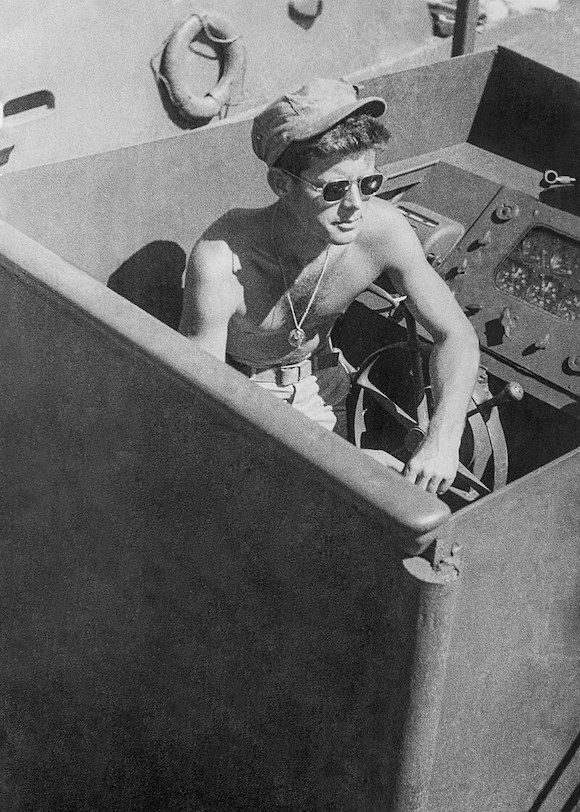
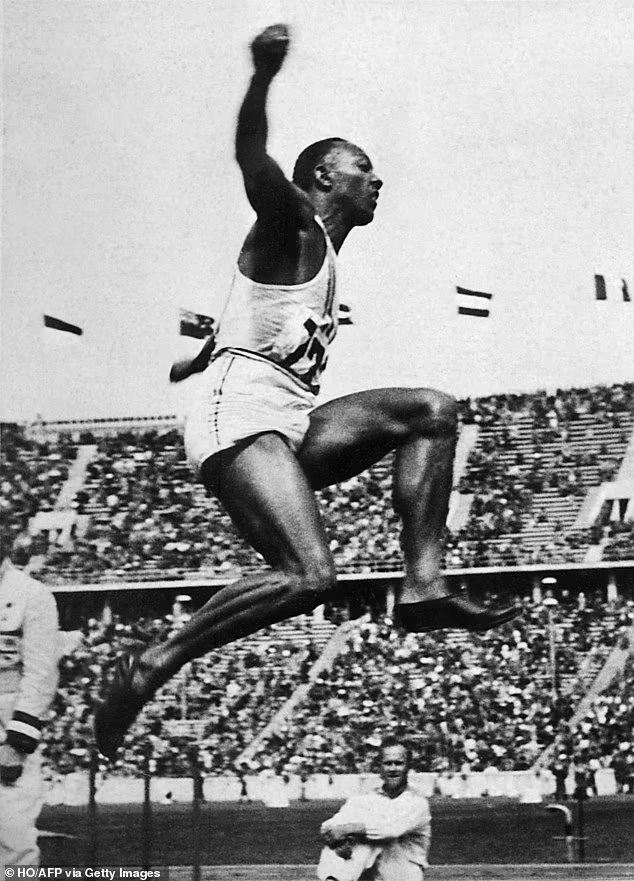
 One of the few surviving Tuskegee Airmen – and one of the four original Top Guns – turned 100 on Independence Day surrounded by friends, family, and television cameras for the big event.
One of the few surviving Tuskegee Airmen – and one of the four original Top Guns – turned 100 on Independence Day surrounded by friends, family, and television cameras for the big event.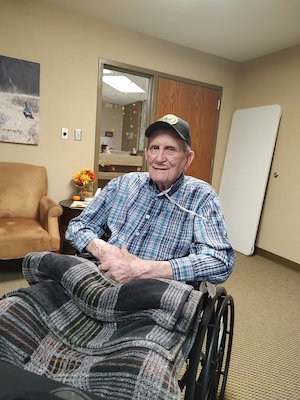 Serving in the military is a family tradition for William Pool.
Serving in the military is a family tradition for William Pool.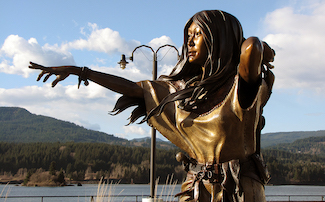 Back in the early 19th century, when the United States started its westward expansion, one remarkable woman emerged as an essential figure in American history: Sacagawea. Born around 1788 in what is now Idaho, Sacagawea was a Shoshone woman whose knowledge, skills, and resilience were instrumental in the success of the Lewis and Clark Expedition. Even though many of us have heard of her, not too many people know how important her role truly was. So, let’s learn a bit more about this extraordinarily brave and intelligent woman who helped shape the course of American history.
Back in the early 19th century, when the United States started its westward expansion, one remarkable woman emerged as an essential figure in American history: Sacagawea. Born around 1788 in what is now Idaho, Sacagawea was a Shoshone woman whose knowledge, skills, and resilience were instrumental in the success of the Lewis and Clark Expedition. Even though many of us have heard of her, not too many people know how important her role truly was. So, let’s learn a bit more about this extraordinarily brave and intelligent woman who helped shape the course of American history. 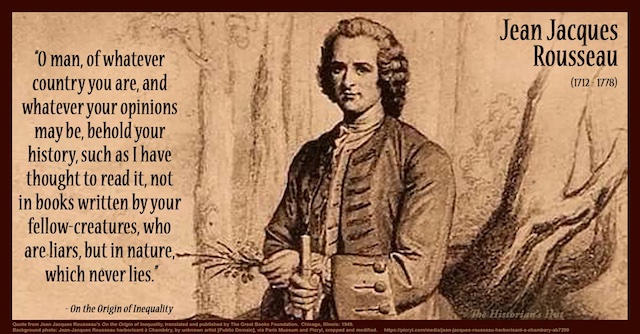 This is how
This is how  Angela Davis is a 79-year-old author and symbol of the Black Power movement. As a political activist and truth seeker, Davis appeared on February 21, 2023, episode of “Finding Your Roots” to uncover the mysteries of her family’s past. Hosted by Henry Louis Gates Jr., the show presented Davis with some answers to questions she’d had for decades. The first question posed to Gates’ team was to find the identity of Davis’ maternal grandparents, whom her mother, Sallye Bell, never knew.
Angela Davis is a 79-year-old author and symbol of the Black Power movement. As a political activist and truth seeker, Davis appeared on February 21, 2023, episode of “Finding Your Roots” to uncover the mysteries of her family’s past. Hosted by Henry Louis Gates Jr., the show presented Davis with some answers to questions she’d had for decades. The first question posed to Gates’ team was to find the identity of Davis’ maternal grandparents, whom her mother, Sallye Bell, never knew.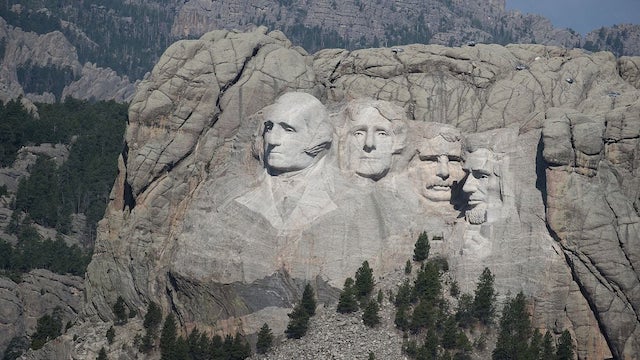 There are few American heritage sites as well known as Mount Rushmore. The colossal statues, which can be found in the Black Hills of South Dakota, are known as “The Shrine of Democracy.”
There are few American heritage sites as well known as Mount Rushmore. The colossal statues, which can be found in the Black Hills of South Dakota, are known as “The Shrine of Democracy.” Jimmy Carter was way ahead of the rest of America when he put solar panels on the White House. On June 20, 1979, he made a proud proclamation:
Jimmy Carter was way ahead of the rest of America when he put solar panels on the White House. On June 20, 1979, he made a proud proclamation: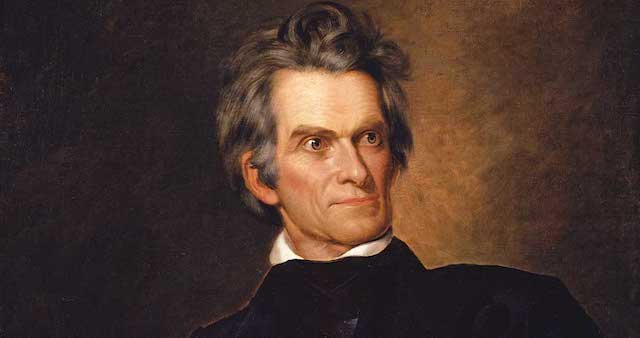 Statesman John Calhoun, often vilified by modern sophisticates for the Confederacy’s embrace of his political philosophy, was in fact one of the greatest and most articulate champions of states’ rights, limited government, and strict federalism subsequent to the Founding Fathers.
Statesman John Calhoun, often vilified by modern sophisticates for the Confederacy’s embrace of his political philosophy, was in fact one of the greatest and most articulate champions of states’ rights, limited government, and strict federalism subsequent to the Founding Fathers.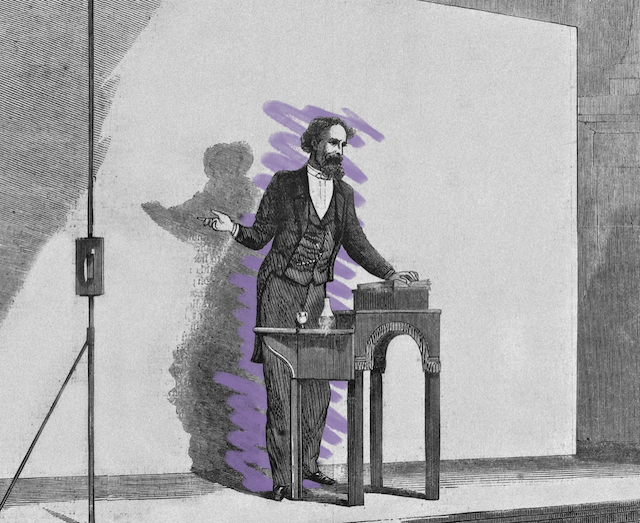 Charles Dickens is known for a good ghost story. Some of his most famous works, including the 1843 novella A Christmas Carol, revolve almost entirely around the supernatural. The English author’s interest in spirits even extended beyond the written word: He was an original member of the Ghost Club in London, an exclusive group interested in dissecting all things otherworldly.
Charles Dickens is known for a good ghost story. Some of his most famous works, including the 1843 novella A Christmas Carol, revolve almost entirely around the supernatural. The English author’s interest in spirits even extended beyond the written word: He was an original member of the Ghost Club in London, an exclusive group interested in dissecting all things otherworldly. 

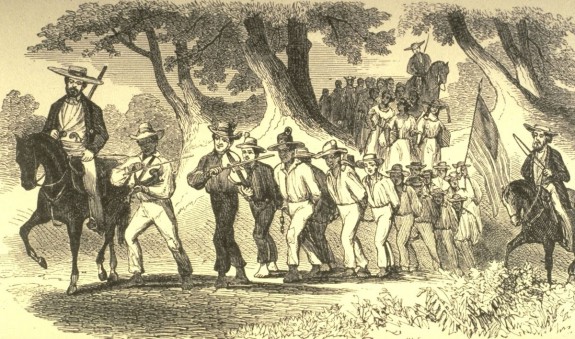
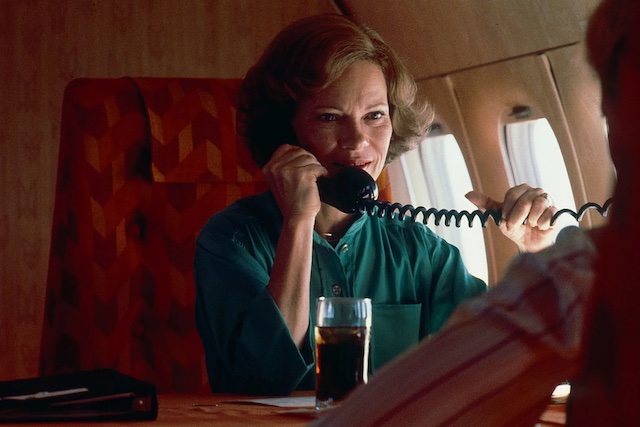 Former first lady Rosalynn Carter died Nov. 19 at 96 years old with husband, former President Jimmy Carter, who turned 99 last month, by her side at their home in Georgia, their son told The Washington Post.
Former first lady Rosalynn Carter died Nov. 19 at 96 years old with husband, former President Jimmy Carter, who turned 99 last month, by her side at their home in Georgia, their son told The Washington Post.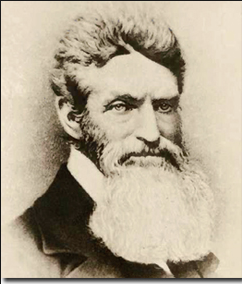
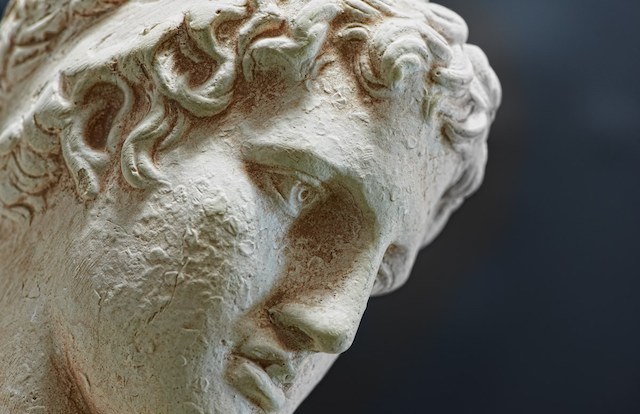 Banished for debasing the currency from his home city in what is now north-central Turkey,
Banished for debasing the currency from his home city in what is now north-central Turkey,